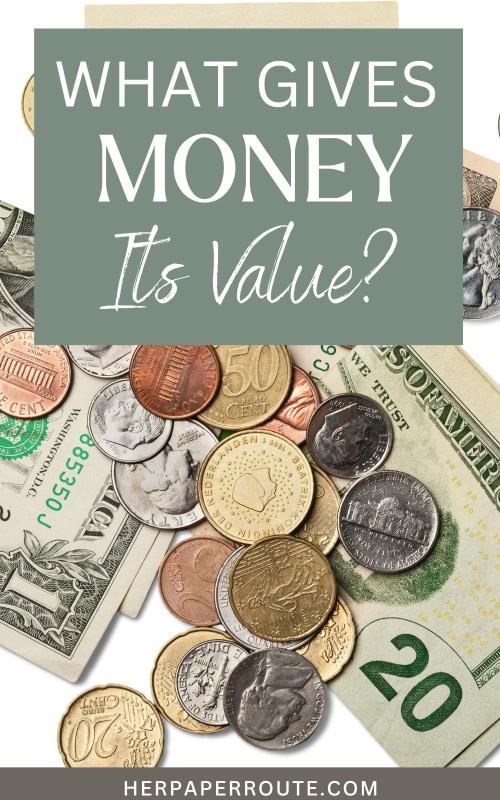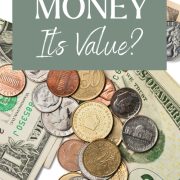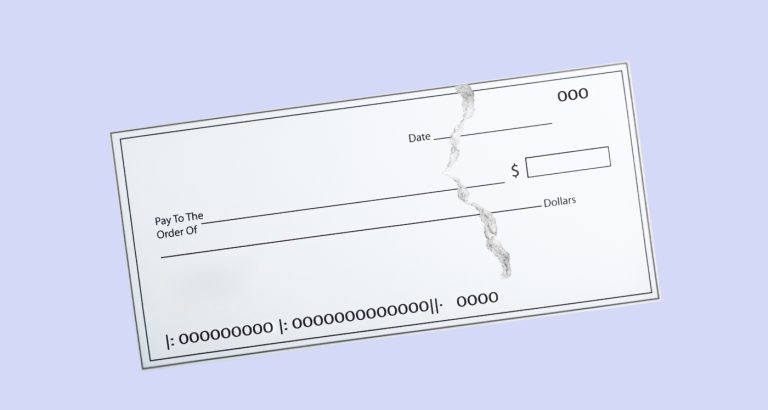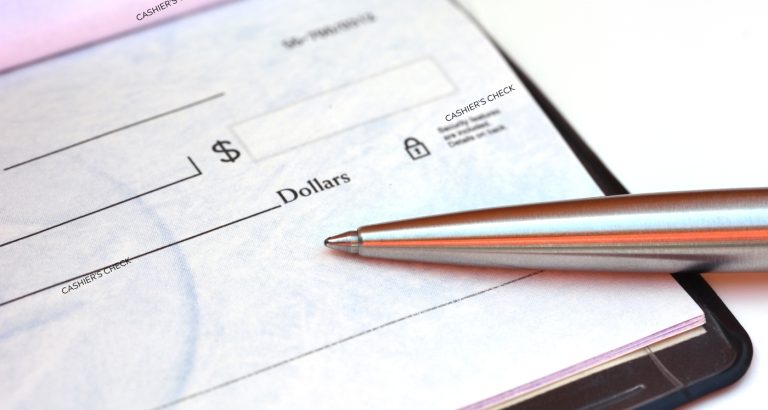What Gives Money Its Value?

Money gets its value due to two factors: the government and people’s beliefs, which are intrinsically related. Currencies have existed for hundreds of years, and they might continue to exist until you and I are no longer around.
This guide describes the primary aspects you should know in order to answer the question “where does money gets its value?” as well as why it’s so important, especially to improve your personal finances.
As an affiliate partner of various brands and sponsored content, HerPaperRoute may earn commission on qualifying purchases. Disclaimer
The Difference Between Money and Other Goods
To understand where money gets its value from, you must first know why it’s different from any other goods.
When you need food, you often get it because you or your loved ones require nourishment. Money is paper, so it’s certainly not necessary to nurture your body.
Even so, people demand money not because of its direct use, but because it’s necessary to acquire other goods and services. In other words, people demand money because it offers you the power to acquire all sorts of things, including food and nourishment.
If you examine something with value, it means it has a price. As a consequence, the question you might be asking yourself is “how does the government assign the money’s price?”
With regards to this, there are two things you should keep in mind. Firstly, the demand for money exists because of its purchasing power.
Secondly, money’s purchasing power exists because people need it. You might be confused right now – it’s certainly a vicious circle that seems to have no beginning and no end.
The key to understanding everything is that the government does not simply assign the price of money. Instead, its price is a result of both social convention and government decrees.
Why People Believe Money Has Value
Now that you know that money gets its value partly because of people’s beliefs, you might wonder why people think it has value at all.
The truth is that currency systems have existed for hundreds of years, and it’s likely that they’ll keep existing in the future. They are valuable because they allow me and you to exchange something for something else we need.
If money ceases to exist tomorrow, other currencies will probably appear because it’s a fundamental basis of society, especially in the United States.
Before money even existed, people still used to exchange and barter things to get something else they needed. They would, for example, exchange food for water, and so on.
Nowadays, with money, you don’t have to give up something potentially useful in the future to get something else you need right now. Instead, you can produce money by working and exchanging that for items that allow you to fulfill your immediate and long-term needs.
The Value of Money in the Future
As I mentioned before, if money ever ceases to exist, other currencies will appear. Even so, there are other things to keep in mind when it comes to the future value of money.
If enough people stop believing that a specific currency has value, then the coin becomes inflated. The immediate repercussions of this are that people want to get rid of the said coin as soon as they can, and this can crack a country’s economy.
Since people don’t believe that a specific coin is valuable, they might not want to sign profitable deals or engage in business activity because they are unsure that the revenue they get is worth it.
Conclusion
Money is valuable because of the fundamental basis of many countries and due to people’s beliefs. It gets its price due to these two aspects and knowing this allows you to understand essential concepts you could use to make better financial decisions.
Related Articles:
- Why Does Money Smell?
- Can Wet Money Still Be Used?
- Why are Presidents on Money?
- Can Money Change a Person?

Follow along on Instagram!








![20 Financial Self-Care Tips [You Can Start Today] 9 lighting a candle to practice some Financial Self-Care Tips](https://herpaperroute.com/wp-content/uploads/2022/04/Financial-Self-Care-Tips-768x410.png)

![Why Is My Debit Card Declined? [Plus, How to Fix Deactivation] 11 Woman checking her phone to see that her debit was declined and asks Why Is My Debit Card Declined](https://herpaperroute.com/wp-content/uploads/2022/04/Why-Is-My-Debit-Card-Declined-768x410.jpeg)